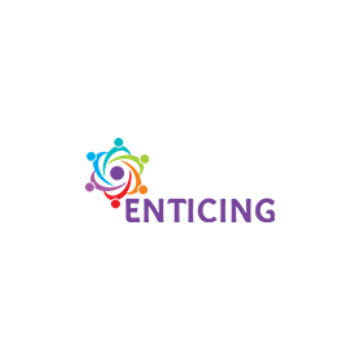Crowdsourcing in Education: Enriching teachers’ skills in digital humanities crowdsourcing


Crowdsourcing is an important method to improve the way education is conducted by teachers and received by students, and has been used by educational institutions in many countries with successful effects.
Having that in mind, 6 organisations from Belgium, Greece, Cyprus, Ireland and the Republic of North Macedonia are collaborating in the 2-year Erasmus+ project ENTICING, with the aim to educate and equip teachers with skills and tools on applying Digital Humanities concepts and approaches in their teaching.
The project will blend the benefits of Crowdsourcing with the need to upgrade the levels of digital readiness of secondary school teachers in humanities, by empowering them with competences and tools that will improve the quality of their teaching and at the same time will render them ready to respond quickly in circumstances of crisis.
To this end, the organisations participating in the project will develop an innovative, tailored and co-designed training programme to educate teachers on Digital Humanities Crowdsourcing and support them in improving the quality of their work.
The project activities will involve humanities school teachers in secondary education, ICT school educators and school principals, students at secondary schools, educational institutions, academia and research scholars, formal and non-formal educational providers and trainers, civil society organisations and other key stakeholders, as well as public authorities.
The organisations working together for the project are the University of the Peloponnese (Greece), KMOP Policy Centre (Belgium), Institouto Ekpedeftikis Politikis (Greece), KMOP Skopje (Republic of North Macedonia), CARDET (Cyprus) and Spectrum Research Centre CLG (Ireland).


Website
https://www.enticing-project.eu/Target Groups
1, 2, 3, 4Education Level
5Tags
Digital skills

